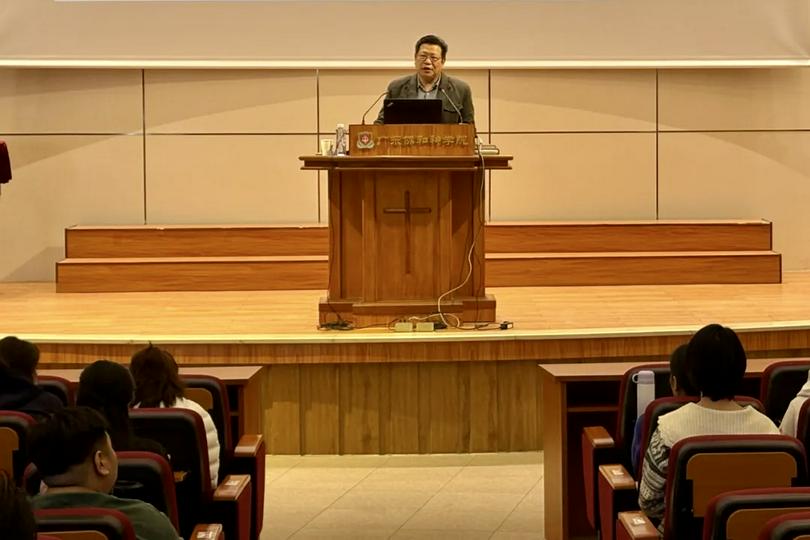On April 2, Guangdong Union Theological Seminary hosted a lecture on the "Sinicization of Christianity," examining the evolution of Christian theological thought during the Sino-Japanese War and its significant impact on the Sinicization process.
According to the seminary, the lecture featured Dr. Li Wei, a researcher and doctoral supervisor at the School of History & Culture of South China Normal University, who delivered a lecture titled "Crisis Theology of Liberal Christians in Wartime China During the Sino-Japanese War."
Dr. Li began by reviewing the ideological development of the Chinese Christian community in the first half of the 20th century. She highlighted that following the New Culture Movement, the emergence of scientific and rational thought within the Christian community profoundly influenced liberal theological perspectives. She then analyzed the theological views of key liberal Christian figures, including Wu Leichuan (L. C. Wu), Tzu-ch'en Chao (T. C. Chao), and Wu Yao-Tsung (Y. T. Wu). Additionally, she explored how Christianity could draw insights from the sinicization of Marxism to advance its own localization.
Within the historical context of the Sino-Japanese War, the Christian understanding of God's "universal love" became a key issue. Dr. Li noted that pacifism gradually declined after the Mukden Incident, prompting liberal Christians to reinterpret "universal love" to justify their participation in the war. They argued that resistance against Japan was not only an expression of patriotism but also a concrete manifestation of universal love for humanity. This perspective played a vital role in shaping the localization of Christianity in China.












